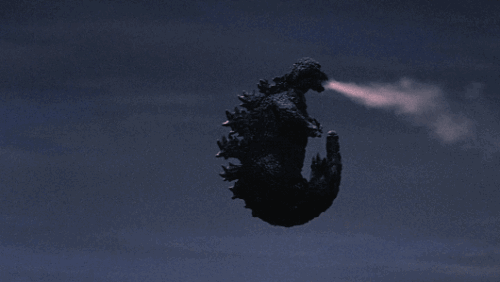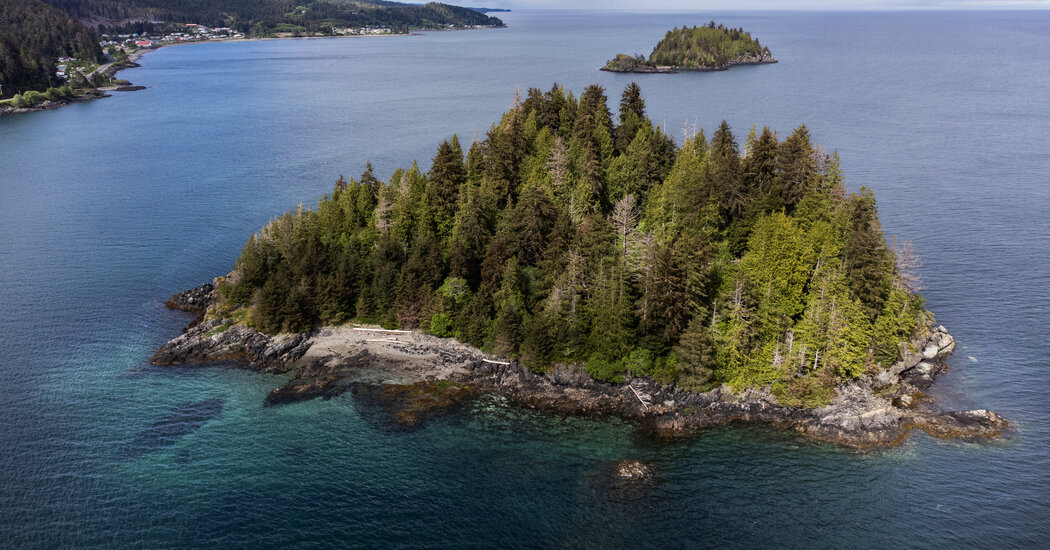The Raven, the story goes, alighted on the beach and heard sounds coming from a giant clamshell. He found creatures cowering inside but, ever the trickster, he cajoled them out into the world. Liberated, they became the first people of the islands of Haida Gwaii.
The Haida people have lived for thousands of years on Haida Gwaii, a remote archipelago in the Pacific Ocean off Canada’s western coast, just south of Alaska.
Nearly wiped out by smallpox after the arrival of Europeans, the Haida clung to their land — so rich in wildlife it is sometimes called Canada’s Galápagos, coveted by loggers for its old-growth forests of giant cedars and spruce.
For decades, despite their geographic isolation, the Haida’s unwavering fight to regain control over their land drew outsize attention in Canada, raising questions about the country’s long unacknowledged, brutal colonial history.
The Haida opposed clear-cut logging, building ties with environmentalists. They forged alliances with non-Haida communities at home and found common cause with other Indigenous groups across the world.
They sued British Columbia for title to their land in 2002, and supported their claims of ancient ties to the archipelago with a museum that showcased their art, artifacts and foundation myths, like the story of the Raven.
Their methodical and painstaking quest came to fruition in May when the government of British Columbia passed a law — the first of its kind in Canada — recognizing the Haida’s aboriginal title throughout Haida Gwaii. No provincial or federal government in Canada had ever willingly recognized an Indigenous people’s title to their land.
Over the next few years, the provincial government’s authority over the land and resources is expected to be handed over to the Council of the Haida Nation, the Haida people’s government.
“On our side, we knew exactly what we wanted, who we were and why we were doing what we did,” said Frank Collison, 89, a hereditary chief who recalled facing unresponsive provincial and federal governments for decades. “They just weren’t interesting in doing anything and quite satisfied to keep us under their thumb.”


